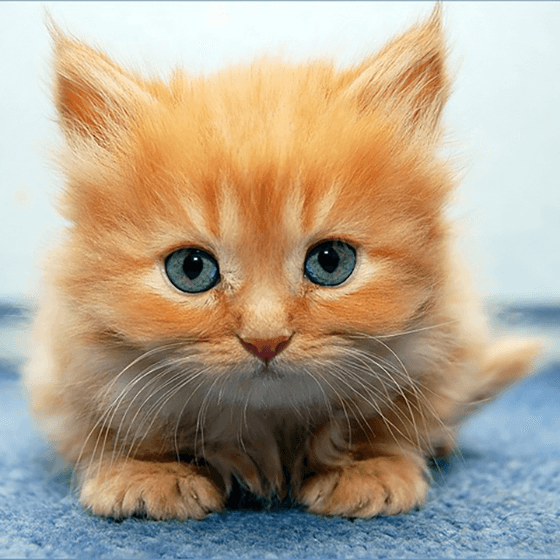WEST LONG BRANCH, N.J. — New research from Monmouth University’s Lindsay Mehrkam, Ph.D., shows that your cat may really like you. The study, which Mehrkam co-authored with Kristyn R. Vitale Shreve and Monique A.R. Udell of Oregon State University, found that the majority of domestic cats preferred human social interaction or food to other stimuli during a test called a preference assessment.
Mehrkam, an assistant professor in the psychology department, is a behaviorist who has published multiple articles on preference assessments in animals.
“It’s an experimental procedure, actually,” she explained. “It’s a therapy technique in experimental psychology in applied behavior analysis. It can be used with non-verbal individuals, usually individuals with developmental or intellectual disabilities, who we cannot rely on to tell us what they want to work for.”
When a person or an animal interacts with one thing more often than the other choices given, researchers believe that is the most preferred choice. “Preference assessments predict reward efficacy,” she said.
Since the study was published on March 24 in the journal Behavioural Processes, news outlets across the world have published the findings, many with tongue-in-cheek headlines referencing the often-perceived independence of cats. Even late night television has gotten into the act.
While Mehrkam said she appreciates the humor and the coverage, she stressed that the study determined more than has been published in the popular press. Cats, she said, are individuals, too.
Some additional coverage:

